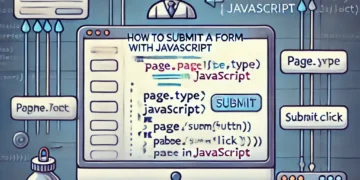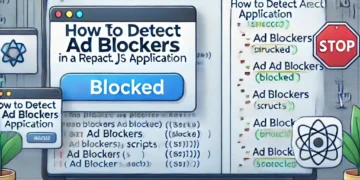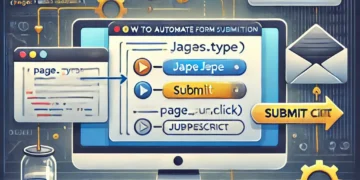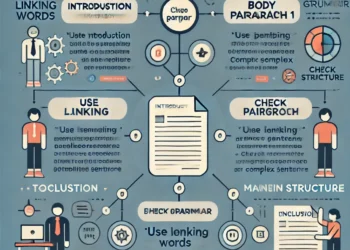If you’re starting your career as a developer or you have several years of experience, there are many aspects in which you need to gain proficiency in order to advance in your career and become a marketable programmer regardless of your tech stack. Learning tech skills and improving your soft skills is one of the key aspects that you need to continuously improve but what happens when you’re trying to learn something new or face an error in your code? Well, you’ll turn to Google for help, and if you’re not a Google Search Power-User you might face some issues that might prevent you from getting the information you need faster and you end up with multiple tabs opened, we’ve all been there and it’s not a pretty sight . In this post, I’ll be covering some tips and tricks that can help you in becoming a pro-Googler and getting the information you need as fast as possible.
Exact Search
Imagine you’re working on some new feature for your application, and you’ve encountered an error. Let’s use this error message as an example:
cannot read property ‘map’ of undefined
You’ll get about 10+ Million results in under 1 second, but the problem is that this error message might overlap with different programming languages and frameworks.
To refine your search you can simply wrap it in quotes and this tells Google to search for exact terms and thus avoiding synonyms and related terms
“cannot read property ‘map’ of undefined”
Now you get about 150k results. Also, if you’re a tech blogger you can use this technique to find out if someone is plagiarizing your work.
Specific Site
But what if you want to search for some term in a specific Website that doesn’t have an insight search or a bad one?
Let’s say you’re learning about Node.js Framework and want to use express with it?
You’ll get various results from different websites, but if you want to filter out your search to a specific website you can use the method below
site: nodejs.dev express
By using this method, you’ll only get results matching express on the nodejs website.
Exclude
Let’s say you’re working on a JavaScript application and you might search for a specific term but you get a lot of results related to jQuery. You can refine your search by adding a hyphen with a term you wish to exclude
get child element in javascript -jquery
By doing this, you’ve excluded all results containing -term by placing it at the end, in our case it’s jQuery. This can also be useful for removing a custom class name from your error message
Before, After, and in Range
If you’re working with some technology that’s been around for many years, most probably you’d want to get results that aren’t older than you. You can use for example after:2015 in your search term
react hooks after:2020
But, if you’re working with a legacy project you might want to find older results so you can use
angular2 before:2016
Also, it’s possible to search for a specific range in dates which can be useful if you’re looking for old announcements or releases, but you’re not sure when they were posted
vaadin announcement 2015..2016
Wildcard
This operator might not seem that great especially if you’re searching for something like this, and you might get an overwhelming number of results
how to build a * with spring boot
But, the true power of this operator is in combination with other operators to refine your search even further, let’s say you want to find all sub-domains for a specific website
site:* .github.com -www
By combining this operator, you can find out all sub-domains that might exist on github.com
There are, of course, many other operators that might come in handy which you can read from the Official Google Website if you want to learn more about them, but these are the some I found most commonly used by Developers.
Happy Coding …













































